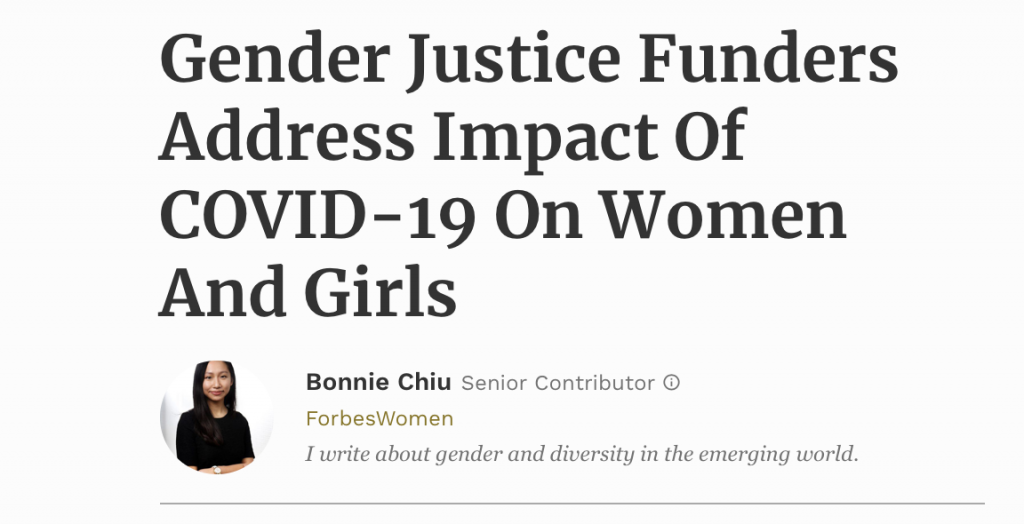Journal Entry #1:
This article written by Jessica Schrader covers several topics we’ve been discussing in class such as ‘mom shaming,’ and the effects it has on the mothers who are being shamed. Jessica posits the idea that the introduction to “mommy guilt” begins with a simple eye roll over breast-feeding or an unwelcome comment about baby’s sleep habits but leaves mothers second-guessing themselves and feeling defeated. As time moves on, Jessica believes this constant judgment can take a toll on mothers to the point where they can experience high forms of anxiety or depression.
In the latter half of the article, Jessica gives her perspective on how judgment hurts and lists some ways of getting through it. In regards to how judgment hurts, she describes how mothers can become uncertain of their parenting decisions and second-guess themselves after being shamed. Harsh criticism can be especially tough on new mothers who are trying to gain confidence. Jessica also brings into light how relationships can be affected due to mothers who tend to avoid those individuals doing the criticizing. Jessicas ideas for getting passed ‘mom shaming’ include: 1.) Practicing empathy before one weighs in on a situation. 2.) Be there for support and encouragement. 3.) Tell a mom they’re doing a good job- they don’t hear it enough. 4.) Offer a helping hand. 5.) Find a trusted group of friends who can relate.
Journal Entry #2:
https://www.theguardian.com/culture/2018/apr/07/me-too-anti-porn-conference-cosmopolitan-ban
“The Strange Alliance Between #MeToo and the Anti-Porn Movement”
This article written by Lucia Graves discusses the relationship between #MeToo and the anti-porn movement. These are several topics that relate to the discussions about anti-porn feminism we’ve been having this week. Specifically, Lucia posits the idea that activists use the language of #Metoo and modern feminism to cast a wide net. Throughout the article there were also several discussions about whether porn is healthy or a type of sexual violence.
Journal Entry #3: 4/2/20
“Parenting in Poverty”
The article I found this week titled, “Parenting in Poverty,” written by Bobbi Dempsey comes from The New York Times. Throughout this article, Dempsey expresses through first-hand experience how parents who live in poverty are often stigmatized for still being able to provide for their family’s due to govt. assistant programs such as SNAP (Supplemental Nutritional Assistance Program). He disputes this stigmatization by explaining how SNAP does not let a family get all the essential household supplies they may need. For example, Dempsey shares that the “food stamps” do not cover any liquid items including cleaning supplies, and hygiene items such as tampons. Dempsey gives insight into growing up in a poor family through stories of his own experiences of being embarrassed for things like not being able to attend classmate birthdays or school field trips. He grew up in poverty himself and knows how it feels to be judged and I thought this article gives another perspective on what we’ve been discussing this week around the stigmatization of poverty.
Journal Entry #4: 4/9/20
“Watch Out For this Sexist Theme In Stranger Things Season 2″
Over the past few weeks of quarantine the I’ve become an avid viewer of the Nextflix television series, Stranger Things. Although this show is filled with strange events and alien-like looking monsters, one thing that has stuck out to me most has been the sexist and misogynistic attitudes towards female characters throughout the show. In Ariana Romero’s article, titled, “Watch Out For this Sexist Theme In Stranger Things Season 2,” Romero expands on this idea of sexism throughout the show. She states, “I realized there’s a weird sexist theme taking over the town of Hawkins, Indiana, where our heroes reside: men tend to think of parenting as a Woman’s Thing, while women do not at all.” This quote stuck out to me because the theme of men thinking it is a woman’s job to take care of the home and kids while they go out and do whatever needs to get done was something I noticed too. Wives throughout the show are portrayed as domestic and that they should not be out of the house handling the “dirty work.” The depiction of women and specifically, wives throughout the show reminded me of the topics we’ve touched on in the past weeks about domesticity and sexism.
Journal Entry #5: 4/16/20
This week I read an article on Forbes website written by Bonnie Chiu that discusses how the Covid-19 pandemic is affecting women and girls. Chiu posits the idea that the Covid-19 pandemic is hitting women the hardest, especially those in low-income communities. According to a recent study in the United Kingdom, women are one-third more likely than men to work in a sector that has been shut down. This is because more women than men work in retail and hospitality businesses. Domestic violence is also on the rise since we’ve been in quarantine and Chui believes this mandatory lockdown is isolating and trapping women into some tough situations. She brings to light how even during this pandemic women are still facing domestic violence, but now may not be able to get the help or shelter they need since most medical care and psychological services are overburdened. In light of the Government not providing support to those affected, several companies such as EMpower and With And For Girls Collective are trying to allocate funds and resources such as shelters to help women and girls in need.
Journal Entry #6: 4/23/20
For my journal entry this week I wanted to look more into the men’s rights movement and specifically, try to find a video of a protest that related to the readings. I found this video taken by MOJO news of a men’s rights protest in Australia and I thought it was a perfect example of Kimmel’s idea of what ‘men’s rights today’ look like. According to Kimmel, “men’s rights today have remained- a fringe movement of sad and angry middle-class white guys, moaning about how hard they have it.” (112-113). This video exemplifies this quote as most of the people protesting are white, middle-aged, angry men. Overall the protest was not aggressive and only 2 people were arrested. There were feminists there as well protesting against the men’s rights activists which caused the police to come in and separate the groups.
Journal Entry #7: 4/28/20
This week’s topic was the #MeToo movement so for my journal this week I found a video of Tarana Burke, Founder of the #MeToo, on an interview with MSNBC. Tarana is on the show to discuss a controversial tweet made by President Donald Trump’s regarding Dr. Ford in the Ford-Kavanaugh sexual assault hearings. Here is President Trump’s Tweet:
When Tarana is asked what she thinks about this tweet, she immediately brings to light that the Presidents tweet is a prime example of why survivors of sexual assault rarely speak out. Tarana believes Trump is undermining the situation and not taking Dr. Ford seriously. As a sexual survivor herself, Tarana believes that it is not about the “detect time, and place,” as she brings up her own experience of going through trial and not being able to know the date or time, but knew the “facial features, the feeling, and smell” of whoever sexually assaulted her. Tarana and the #MeToo movement organized a walk-out to show support for Dr. Ford. President Trump’s tweet was met with severe backlash and responded to on Twitter by hundreds of thousands of sexual assault survivors tweeting out and using the hashtag, #WhyIDidntReport, sharing their experiences in support of Dr. Ford.


